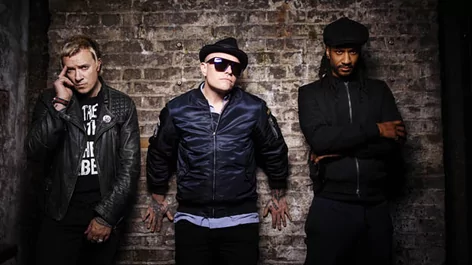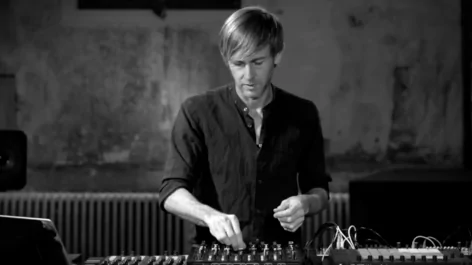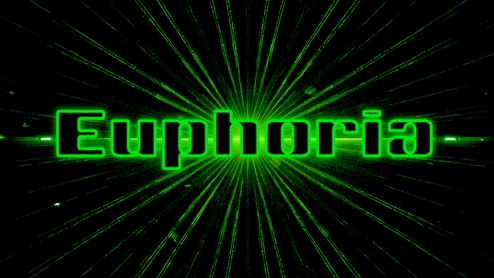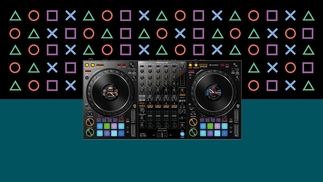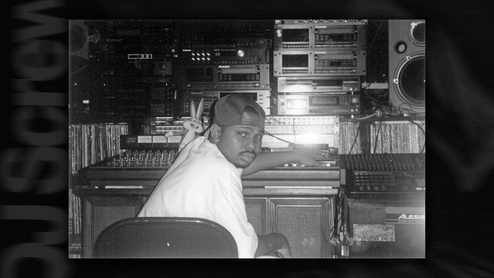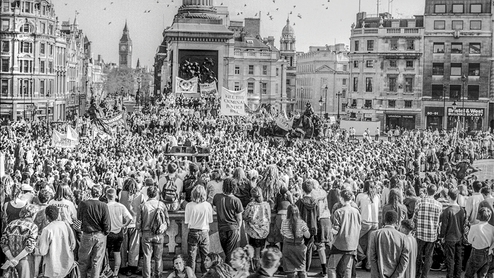It’s 1999, and across the UK, countless car stereos and home systems are pumping out the planet-sized synth riffs of big-room trance. Tracks by Paul...
Search
Results for: work bar
The Prodigy have defined a movement, a generation. Their new album is out today
“I think we should be a British institution. Everyone goes on about all of these other people from the '90s like Blur and Oasis, but...
We meet futurist techno maestro Richie Hawtin for our ADE issue...
Electronic music’s explosion owes a great deal to futurist techno maestro Richie Hawtin. Not only has he made and played some of the most forward-thinking...
With the release of its first edition – 'For The Mind, Body and Soul' – via Telstar Records in early 1999, the ‘Euphoria’ mix compilation series quickly became one of the most popular and prolific of its kind, launching the big-room oriented trance, progressive and hard house sounds of clubland into the CD drives of thousands. 25 years later, Harold Heath looks back on its legacy, and on how its balance of clever commercial marketing and authentic live energy enshrined ‘Euphoria’ in UK dance music history
The worlds of computer gaming and electronic music are merging like never before, with virtual raves, AI-generated musicians and concerts inside massive multiplayers like Fortnite...
In his new book, Lance Scott Walker tells the story of DJ Screw, the maestro of Houston’s chopped ‘n’ screwed ‘90s rap scene. Here, Marke Bieschke speaks to the author about this unique moment in hip-hop history, and Screw's incredible legacy
1st May 1994 was the first big London protest against the looming Criminal Justice Bill, the piece of legislation that first proscribed a genre of music — rave music, “wholly or predominantly categorised by the emission of a succession of repetitive beats” — in law. Despite widespread demonstrations at what was seen as draconian power-grabs by the UK authorities, the Bill became law later in 1994. Here, Harold Heath looks back at the reaction from the dance music community at the time, and the Act’s lasting impact on the rave scene today
Pagination
- First page
- Previous page
- …
- 128
- 129
- 130
- 131
- 132
- 133
- 134
- 135
- 136

